Threading Vs. Waxing: Which Is Better For Eyebrow Grooming And Why?
Understanding the difference between the two is the key to those perfect arches!
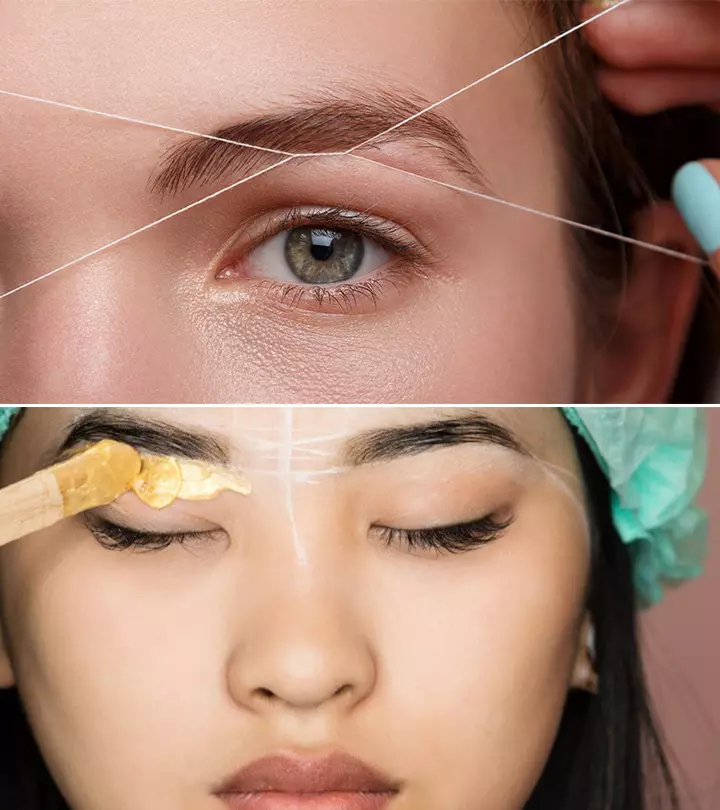
Image: Shutterstock
Are you confused by the never-ending eyebrow threading vs. waxing debate? We understand your dilemma as it can be tough choosing between the different options for eyebrow hair removal such as waxing, threading, and tweezing. Don’t worry. We can help you pick a suitable method.
Waxing involves using a wax strip to trap the hair and pull it from the roots. On the other hand, threading involves removing the hair by tugging it out of the follicles with a thread. Read this article to understand the difference between the two and learn which one is better. Keep reading!
In This Article
What Is Eyebrow Waxing?
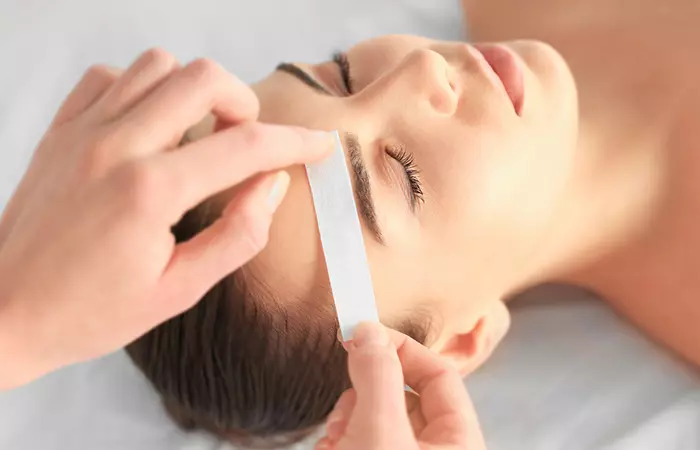
Eyebrow waxing is a century-old procedure where a beautician smears heated wax on the desired area using a wooden stick or knife. It is then covered with a paper strip and smoothed and pressed onto the waxed skin before being removed quickly. Eyebrow hair is ripped from the roots, resulting in a smooth and soft finish.
Key Takeaways
- Waxing involves pulling out the brow hairs with a wax strip, while threading plucks out individual hair from the roots.
- Eyebrow waxing gives you a more sculpted look but may result in skin irritation.
- Threading needs to be done with the right technique and precision to avoid cuts and burns.
- Finding a skilled esthetician is important to give a well-finished look to your brows.
Pros And Cons Of Eyebrow Waxing
Eyebrow waxing is making a comeback thanks to its convenience and precise results. However, if you are new to the process, consider its pros and cons before opting for it.
Pros
- Waxing is a quicker and more effective process than other eyebrow-shaping methods.
- It can provide a sharper and cleaner shape than threading.
- Waxing is the ideal approach to manage your brows if they are extremely thick and bushy.
Cons
- Since the wax is applied directly to the skin, it may irritate those with sensitive skin.
- The wax might contain resins, preservatives, and synthetic fragrances, which can cause adverse reactions, such as rashes or itchiness.
- If the damage is severe, the skin may become excessively pink or red, and may also bleed.
- If the wax is extremely hot, your skin may get burned, resulting in pain, irritation, and scabbing that can take weeks to recover. The irritated or burnt area may leave a long-standing mark as well which may be difficult to treat.
- Repeated waxing may strip off the skin barrier, making it sensitive over a period of time, resulting in thinning of the skin and early aging.
Note: Waxing is not recommended for people who are undergoing chemical peels or have highly sensitive skin. If you are getting your brows waxed, make sure you get it done by a skilled esthetician in a trusted beauty salon.
 Quick Tip
Quick TipUnlike waxing, eyebrow threading involves more precise control while shaping your brows. It can remove even tiniest hairs and is suitable for people with sensitive skin. Read on to find out more about the procedure.
What Is Eyebrow Threading?
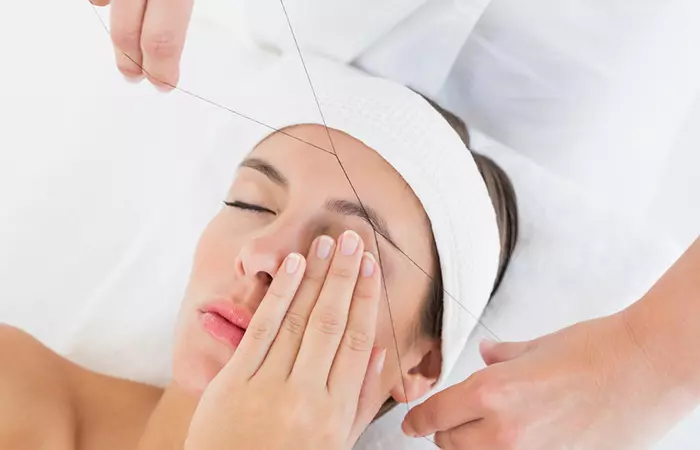
Eyebrow threading is a fairly simple process in which the esthetician discuss their skin type, the desired shape of their brows, and the hair texture with their clients. This is followed by sanitization and cleaning the eyebrow region to be threaded. The client is asked to close their eyes and actively tighten their skin during the procedure.
Then, the esthetician twists a cotton or polyester thread into a triangular loop and plucks eyebrow hair from the follicles. The thread grabs unwanted hair and pulls it out, providing the correct shape and appearance to your brows.
Pros And Cons Of Eyebrow Threading
Despite being one of the most common methods of eyebrow shaping, threading comes with its fair share of pros and cons. Check them out below.
Pros
- Since threading involves little contact with the skin, there is less possibility of developing an allergic reaction.
- If your skin becomes red or sore after threading, it will usually go away within an hour.
- There is no risk of inflammation or burning sensation in this method.
- Threading is particularly suitable for people with sensitive skin because it does not involve chemicals or heat, making it less likely to cause an adverse effect.
- It allows greater precision, so there is less possibility to find those stray hair strands sticking out sorely after threading.
Cons
- Threading may not be the best option if you want a more sculpted and edgier eyebrow look. It produces a natural shape rather than a sharp-pointed one.
- Threading can be extremely painful or even cut the skin if not done the right way.
Pro-tip: Always ascertain with the aesthetician that a new thread or a clean sterilized knife and wax strips are being used to shape your eyebrows and the technician’s hands and fingers are clean and without any infection. Viral warts commonly spread during waxing or threading.
 Did You Know?
Did You Know?Let’s move on to the next section to find out which hair removal process lasts longer.
Which One Lasts Longer: Waxing Or Threading?
It is important to note that neither waxing nor threading is a permanent solution
. However, both hair removal procedures usually last for a month. Since the rate at which eyebrow hair grows varies from person to person, you should wait at least 3-4 weeks before doing any maintenance or scheduling another brow session.
Also, enable the hair to grow bigger; otherwise, it might be too short to work with. In rare cases, threading can result in faster hair growth if the hair is only split off and not completely removed from the root.
Scroll down to find out if threading is more painful or waxing.
Is Waxing Or Threading More Painful?
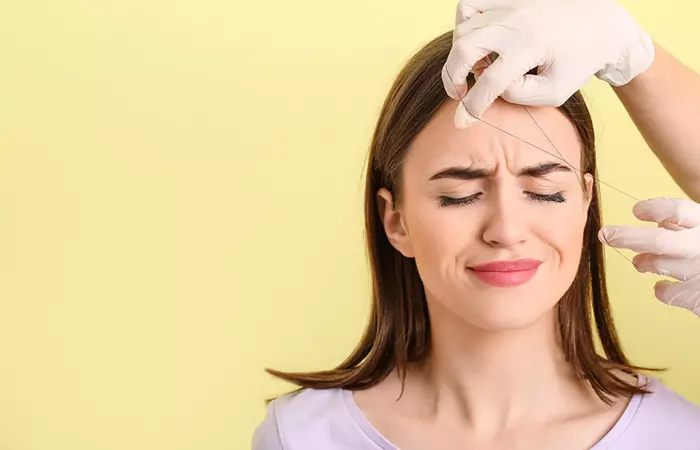
Let’s be honest, both methods cause some pain and discomfort. However, most people claim threading is more unpleasant than waxing. This is because waxing removes more hair at once, whereas threading removes hair with each passing of the thread. Therefore, waxing is less painful than threading since waxing eliminates hair in patches rather than rows.
Although threading provides the cleanest finish compared to any other method, it comes with much discomfort. If you want a more accurate outcome, forget the pain and go for threading. However, if you cannot bear the pain, go for waxing.
Follow these steps before getting your eyebrows threaded or waxed.
Things To Do Before Getting Your Eyebrows Threaded Or Waxed
Before Threading
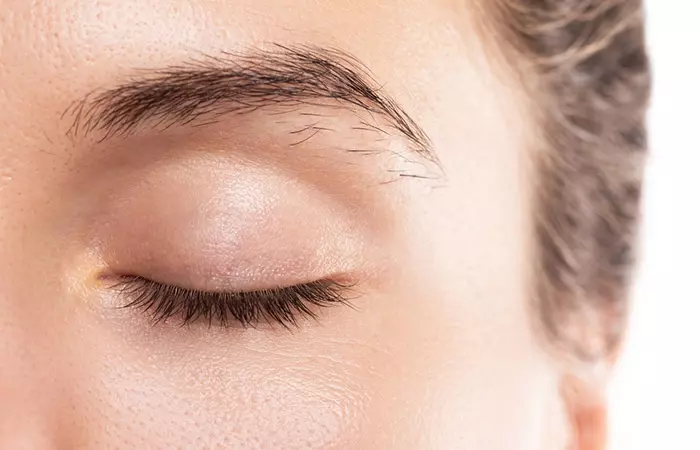
- Wait until your eyebrows are fully developed before threading. Let them grow to a standard length and thickness. This enables the professional to shape your eyebrows properly and prevent them from becoming too thin.
- Do not exfoliate or apply any active ingredients around your brows at least 2 days before and after the procedure. Cleanse your face thoroughly before the procedure. It helps release the hair follicles and eliminate ingrown hairs, flaky skin, prevent infection, and dry skin cells, making the threading process smooth.
- Arrive for your brow session completely makeup-free. Remove makeup from your eyebrows and eyes before threading. A bare face helps the professional to examine the present state of your brows more carefully. It also saves you from wandering with smudged makeup after the procedure.
- Lightly dust each brow with a small amount of talcum or baby powder after removing your makeup the morning of your appointment. Talcum or baby powder is gentle on the skin and absorbs excess oils that can cause thread sliding during your brow session.
Before Waxing
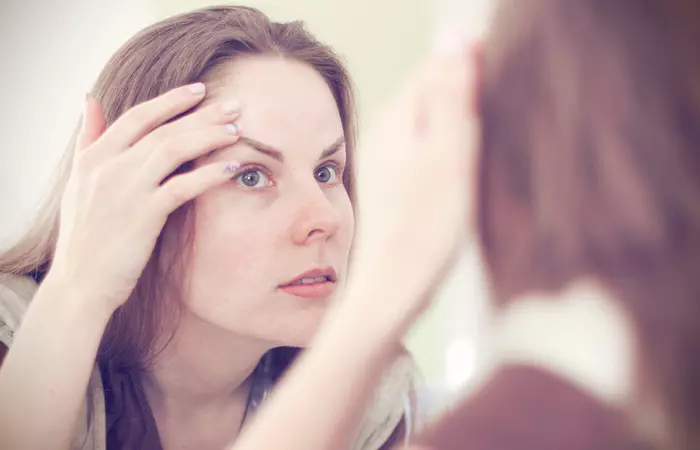
- Your hair length matters for brow wax, just like it does with other types of waxing. The hair must be long enough for the wax to grab and efficiently pull it out. So try growing out your brow hair to ⅛ or ¼ of an inch before scheduling a waxing session.
- Keep an eye on your skin to see if you have any allergies or irritation. Do not over-cleanse or rub your skin too hard, as this may cause it to peel during the waxing procedure.
- Arrive for your session without any makeup on. Do not wear eyeliner or any brow makeup. Even if your brows are cleaned before waxing, any makeup residue can clog newly opened pores.
- If you use retinol-containing skin care products, you should temporarily cease using them at least two weeks before your waxing session. Retinol-based cosmetics can cause harm to the skin, particularly during waxing procedures.
- Even if you do not have any visible burns, sunbathing immediately before a wax increases the risk of skin damage. So, stay away from the sun for at least a day before waxing.
Still wondering which is better between waxing or threading? Find out in the next section.
Waxing Vs. Threading – The Verdict
Both threading and waxing are ideal methods to achieve your desired eyebrow shapes. They can work well for you based on your lifestyle or skin care needs. So, none of them is a clear winner here. Both methods produce excellent results, and, choosing between the two comes down to personal preferences.
Threading is a precise and less expensive approach, but it is more time-consuming and requires a higher level of pain tolerance. It is the best option for people with sensitive skin and who have had skin peels recently.
On the other hand, waxing is a less painful alternative and ideal for getting rid of extremely thick brows. Although a bit costly, it can offer you a sharper finish and allow you to experiment with unique brow shapes.
Dania Denise, a model and a blogger, wrote about her preference of threading her brows over waxing them. She said, “I started waxing some years ago and while it provided some relief, I still had to deal with my curly hairs and a lot of missed strays. Ever since my first threading I have never gone back to waxing (i).”
Infographic: Pros And Cons Of Eyebrow Threading And Waxing
Waxing involves applying hot wax to the skin before removing it in one swift movement to remove hair. Threading, on the other hand, pinches individual hairs between two cotton strings and pulls them out of the hair follicles. Both these processes can work well for you, depending on your needs. The infographic below focuses on the pros and cons of these two methods to help you choose the best option for you. Check it out!

Illustration: StyleCraze Design Team
Both eyebrow threading and waxing are age-old methods of removing hair from your eyebrows. While waxing uses hot wax to pull the hair from its root, eyebrow threading uses a thread to pull out the hair from the hair follicles. Both are painful methods and ultimately boil down to your preference, pain tolerance, budget, and skin type. We hope this article helped you understand the pros and cons of eyebrow threading vs. waxing and select the procedure most suitable for you and your skin type.
Frequently Asked Questions
Does hair grow thicker after threading?
No. It has been observed that threading removes the hair from its roots. This process, if repeated, may result in finer hair over time.
Can threading cause wrinkles?
Possibly not. There are no scientifically proven studies stating that threading can lead to wrinkles.
Does waxing reduce hair growth?
No. While it is possible that frequent long-term waxing may lead to the formation of fine hair, it may not affect the inherent hair growth cycle.
Is it normal to cry during eyebrow threading?
Yes. Threading adds extra pressure to the sensitive area around the eyes. This may lead to tears.
Does threading damage hair follicles?
Possibly. As the hair is pulled out from its roots by threading, the follicles may be damaged.
Does waxing darken skin?
Possibly. The process of pulling out hair or the hot wax may cause post-inflammatory hyperpigmentation, which causes pigments to be produced that darken the skin.
Personal Experience: Source
StyleCraze's articles are interwoven with authentic personal narratives that provide depth and resonance to our content. Below are the sources of the personal accounts referenced in this article.
i. I love eyebrow threading!https://amodelsdiary.blogspot.com/2008/06/i-love-eyebrow-threading.html
Read full bio of Dr. Saloni Vora-Gala
Read full bio of Monomita Chakraborty
Read full bio of Anjali Sayee
Read full bio of Swathi E






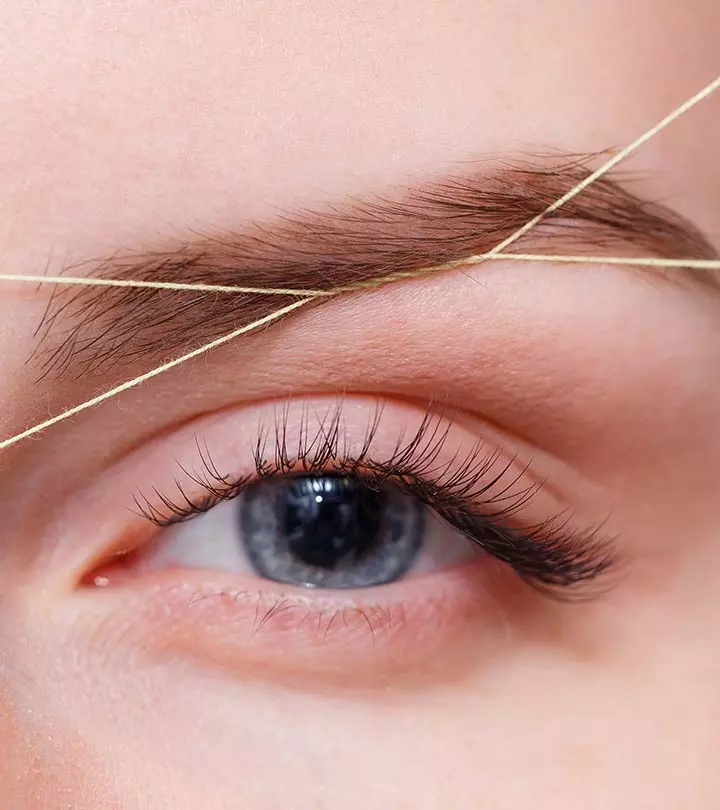

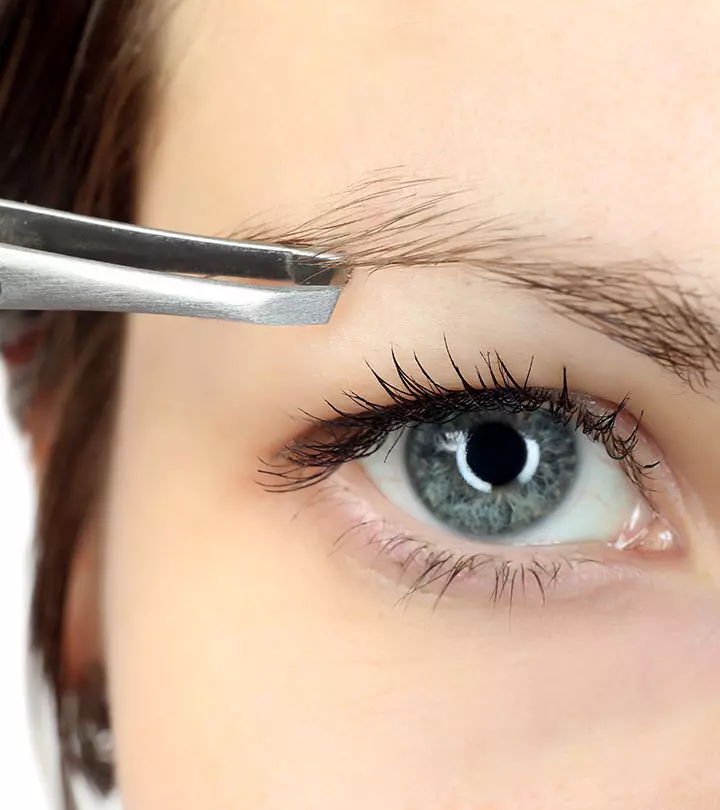
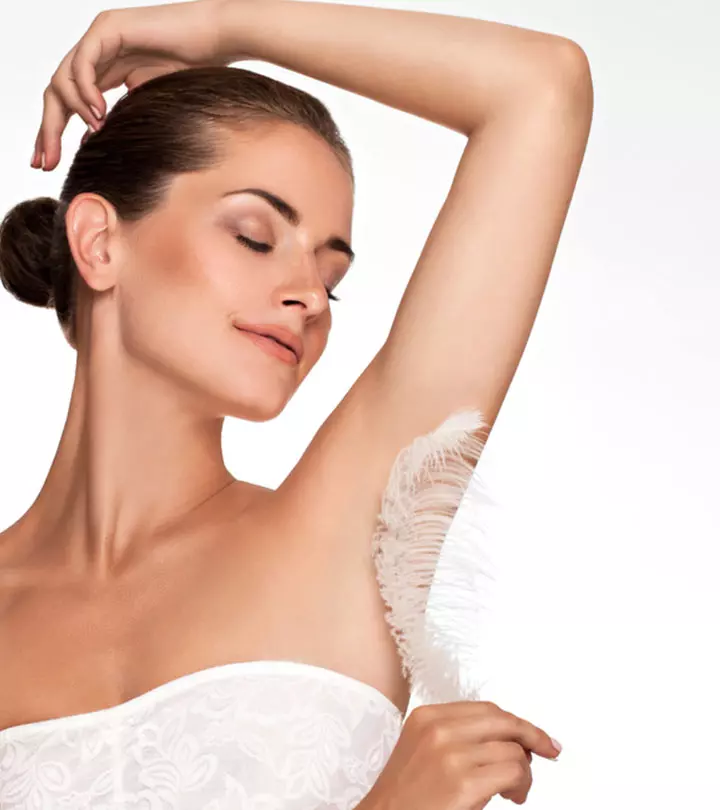
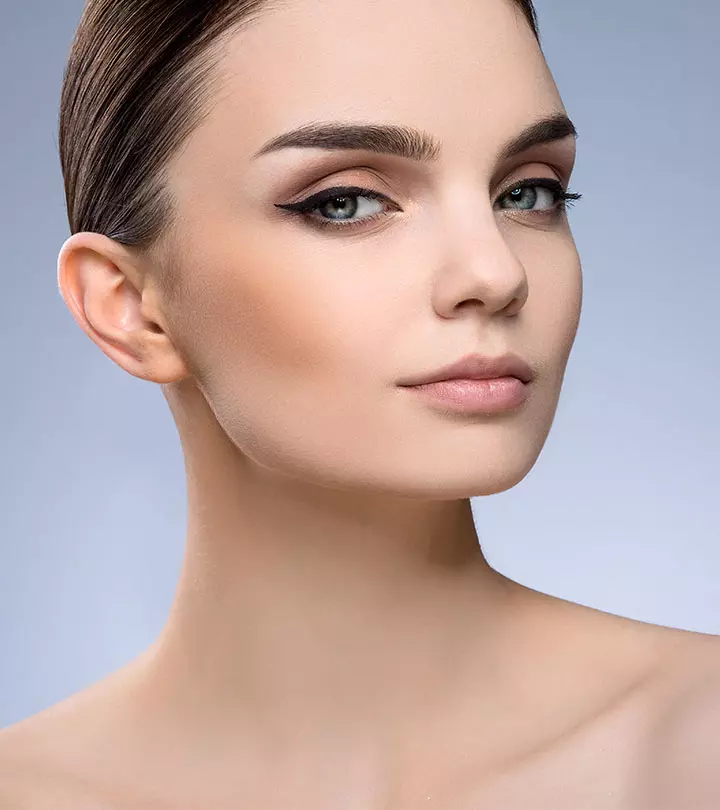
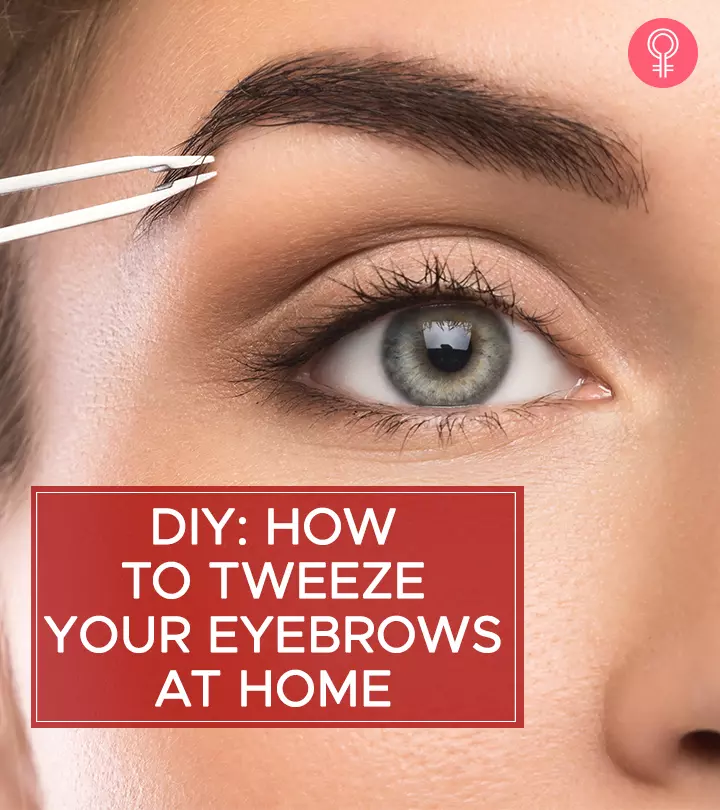
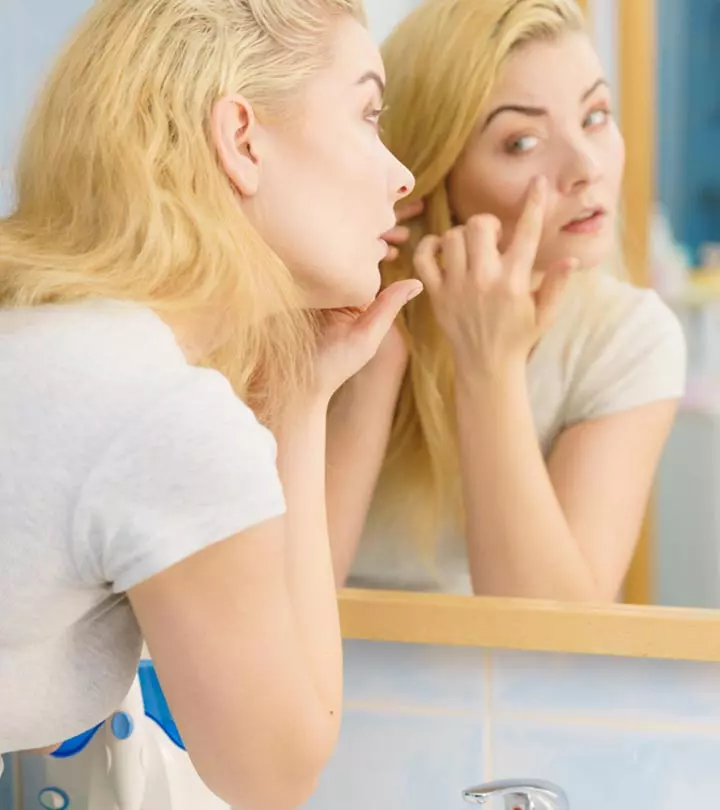
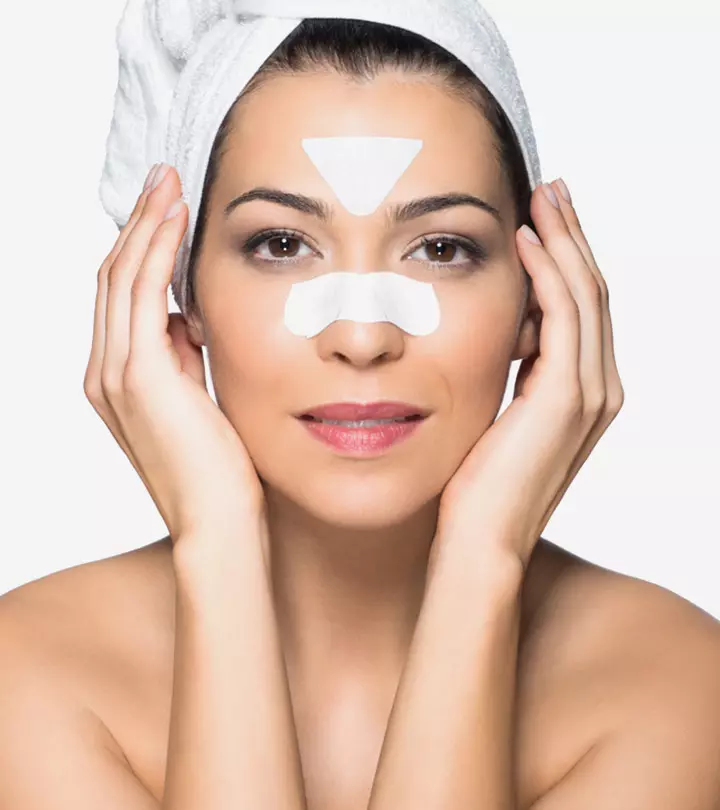
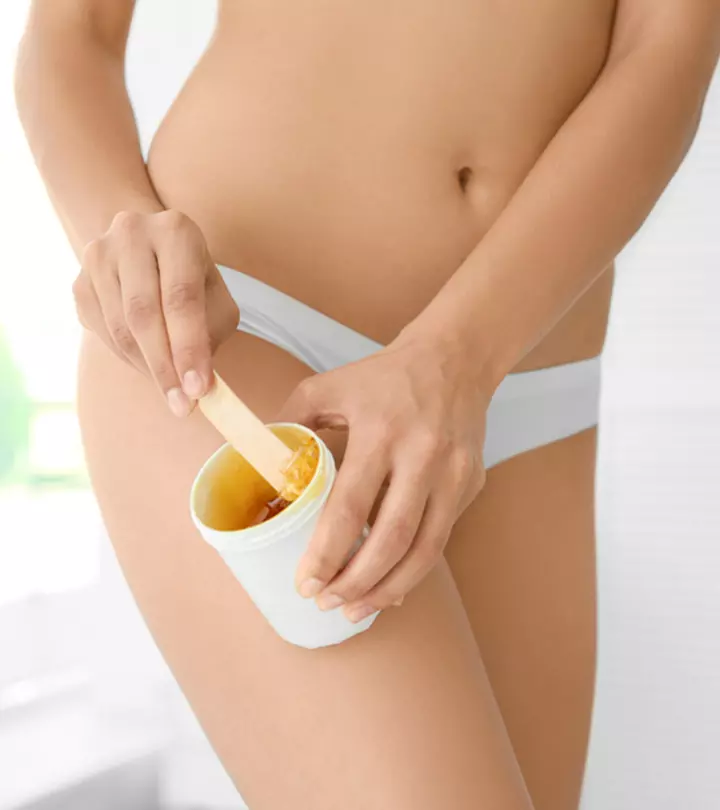

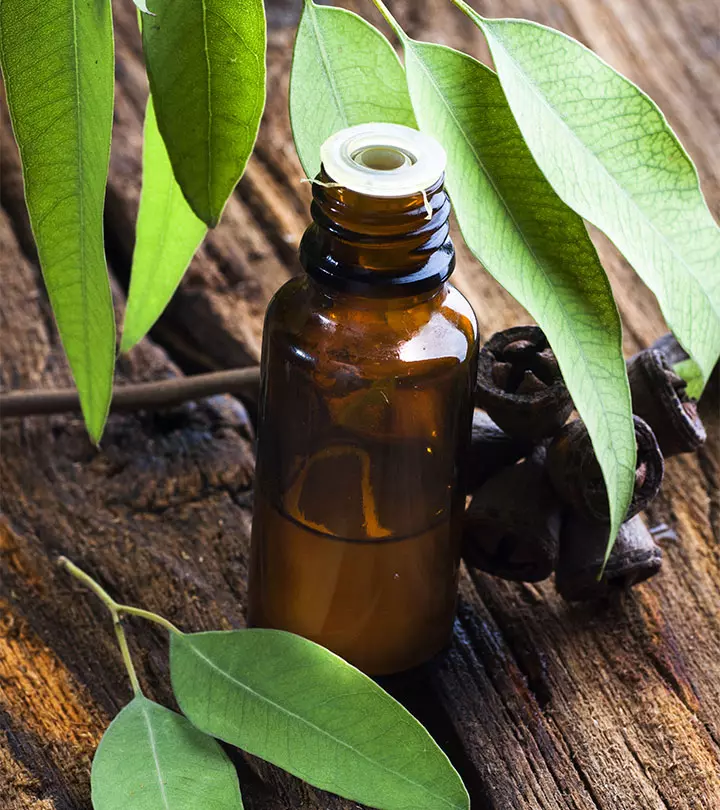
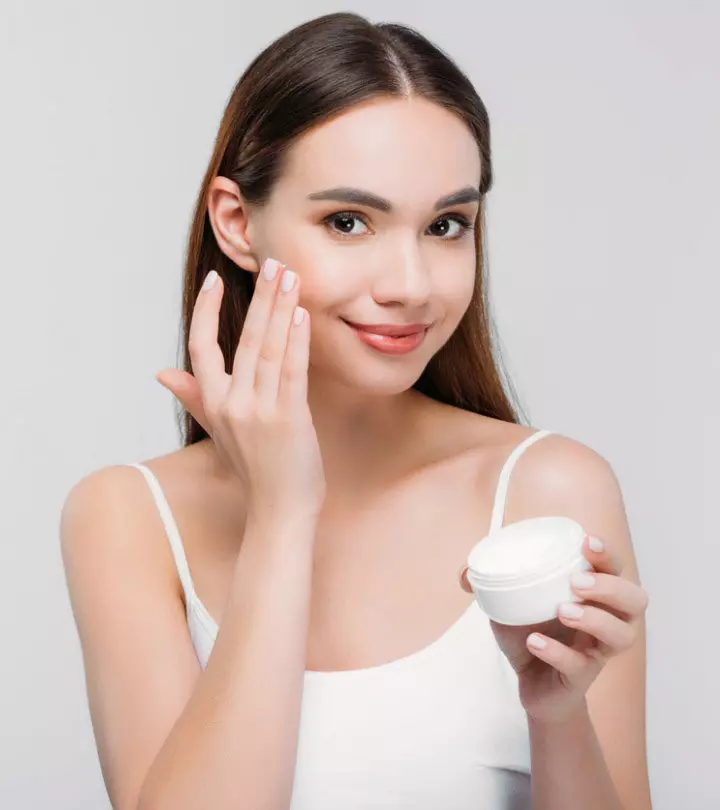

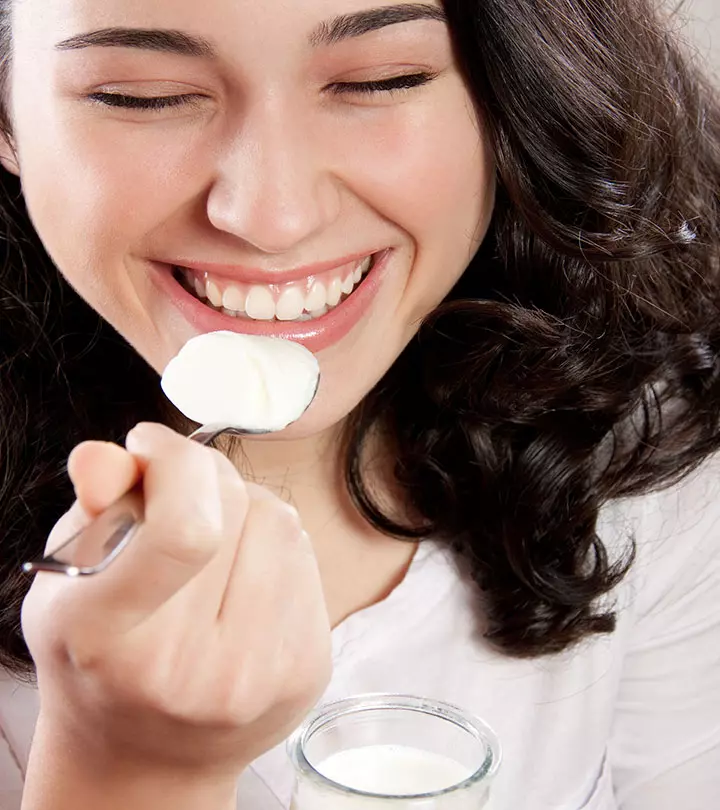
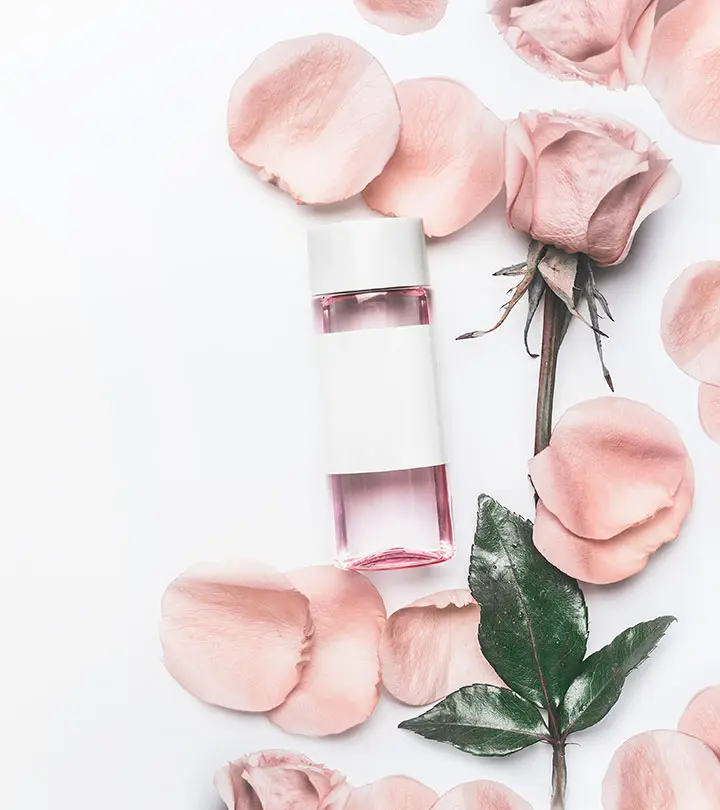
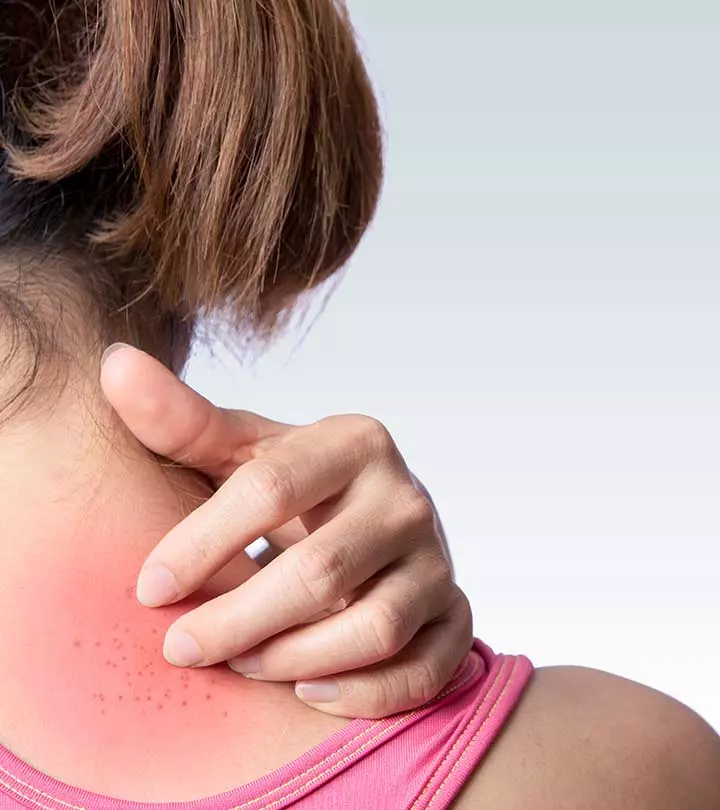
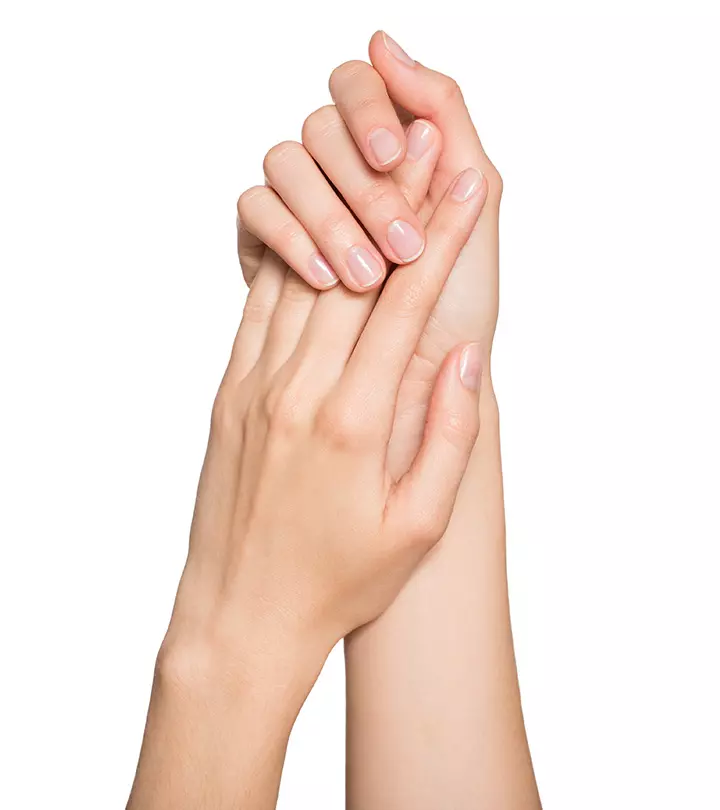
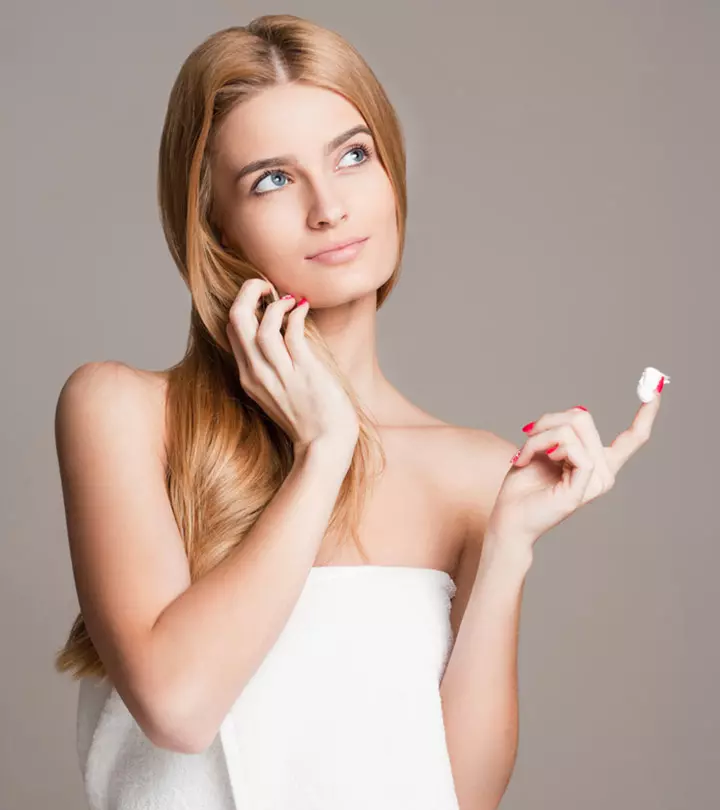
Community Experiences
Join the conversation and become a part of our empowering community! Share your stories, experiences, and insights to connect with other beauty, lifestyle, and health enthusiasts.